Main Content
Rutgers and the NJDEP Team Up to Train Over 2,000 on Proper Underground Storage Tank (UST) Operations
Written by Casey Sky Noon
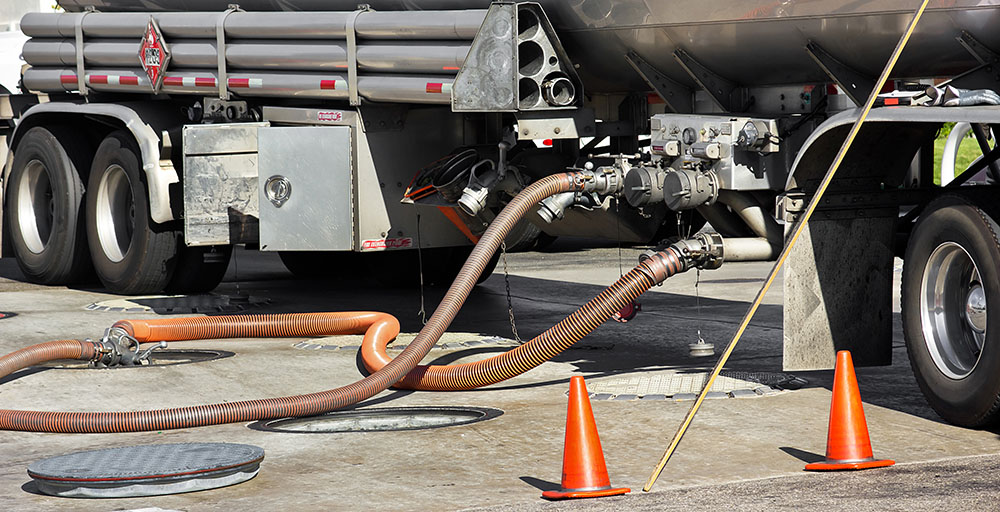
It sounds like science fiction, but according to the real-world New Jersey Department of Environmental Protection (NJDEP), there are over 4,200 sites storing billions of gallons of flammable gasoline in giant tanks buried underground, right here within the borders of the Garden State.
This number includes hospitals and schools that use oil for heat, mechanic shops and factories that utilize waste oil tanks, and thousands of gas stations, each storing between ten and twenty thousand gallons of gasoline.
Out of sight and out of mind, it is easy to forget the potential dangers posed by the fuel we use daily. In addition to being highly flammable, liquid leaks and vapor emissions cause:
- Groundwater contamination
- Environmental pollution
- Unsafe air quality

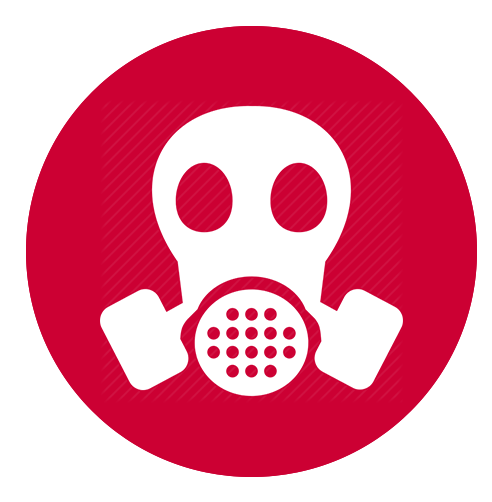

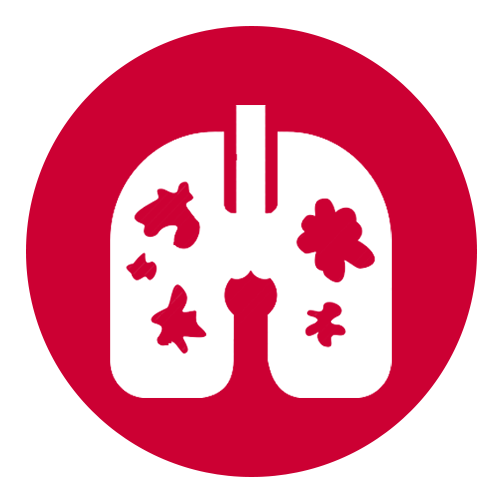
Standard refined gasoline contains about 150 different chemicals, many of which are toxic. If released into the environment, it can kill small species of animals and cause severe damage to the local ecosystem. In humans, it can cause cancer, respiratory distress, and other serious health problems.
To protect NJ from the health, safety, and environmental threats of petroleum pollution, the state updated its regulations to match federal standards. “The changes are primarily equipment updates, additional testing, and better forms of leak detection so that operators can more reliably find smaller leaks faster,” said NJDEP Inspector Jenna DiNuzzo.
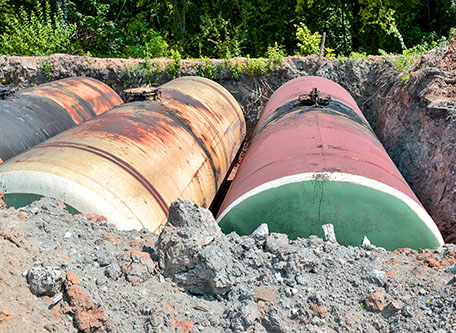
The modification that has and continues to cause the most stir requires every tank system to have a trained and certified Class A/B Operator assigned to it. The purpose of this regulation is to ensure that those who own USTs understand how to operate and maintain those systems properly.
“A lot of owners have no idea what is going on at their properties, so now they are being taught what their equipment does, how it works, and what to do if certain things happen,” explained Jenna.
With the passing of the new regulations, there came a pressing need for a training program that would give current UST operators the opportunity to earn their Class A/B certification and comply with the updated requirements. While the NJDEP developed the course curriculum and supplied subject matter experts to teach the training, they needed a partner to handle the logistics of scheduling classes and processing registrations.
To fulfill this huge educational undertaking, the NJDEP teamed up with Rutgers Office of Continuing Professional Education to provide focused training on preventing, quickly detecting, and correcting leaking USTs. Together, they hosted over 40 classes in half a dozen locations throughout the state in 2017-2018. In just over one calendar year, over 2,200 operators attended the one-day training program, which is now available as an online course.

Rutgers Program Coordinator Pamela Springard-Mayer takes pride in helping facilities across New Jersey come into compliance with the new UST regulations.
“It’s been exciting. As quickly as we opened a course, it filled and we had to find new dates to open another offering. It has been crazy, but good crazy,” she said.
The class, titled NJDEP UST Training for Class A & B Operators, covers the entire UST system from time of delivery to point of sale. With a focus on compliance rather than enforcement, the NJDEP instructors reiterate that a violation is going to be much more expensive than the prevention of one.
Specific topics include:
- Spill and overfill prevention
- Release detection
- Corrosion protection
- Emergency response
- Product and equipment compatibility
- Environmental and regulatory consequences of releases
One common issue is leak detection. “It is pretty simple conceptually, but not in practice,” said Michael Hollis, the Acting Chief of the NJDEP Bureau of UST Compliance and Enforcement.
If you have double-walled tanks and lines, there should be a sensor between the two walls looking for a leak. If either wall fails, groundwater seeps in or fuel bleeds out.
With a single wall system, a volumetric test measures whether a rubber or plastic float that sits on top of the fuel for a set amount of time shifts. If the float moves, despite the tank being a closed system, it signals that there is a leak.
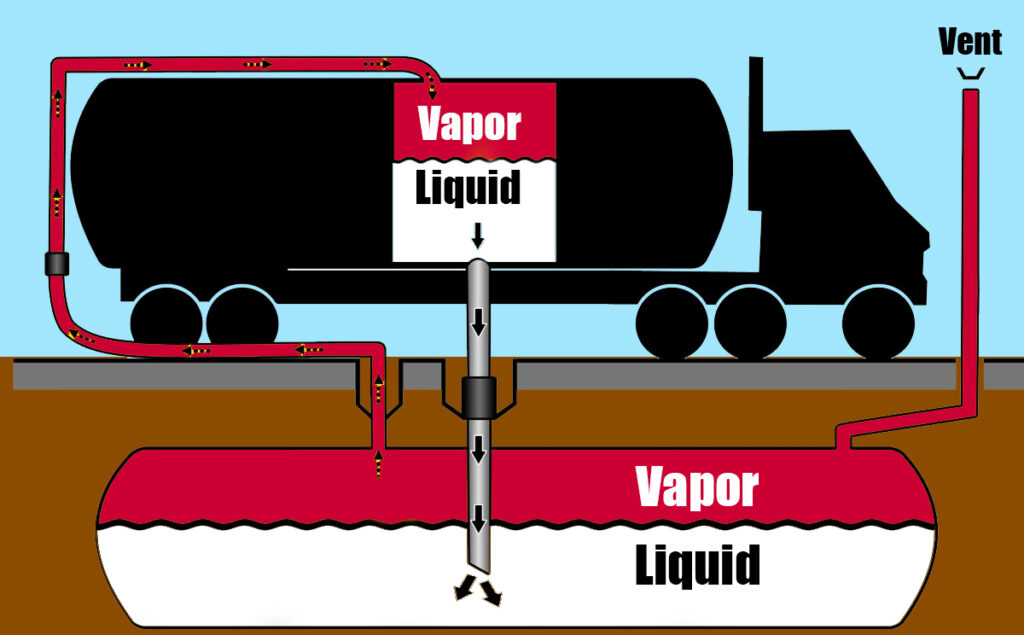
Another common area of concern is vapor recovery, both during delivery to the commercial facility and to each consumer vehicle. “Gasoline is a volatile organic compound (VOC), which means that at standard temperature and pressure, it wants to be a gas, not a liquid,” Michael explains. Every time a delivery truck pumps fuel into a storage basin, the liquid accumulates at the bottom and pushes the existing vapor out. This is standard pressure grading. The supplier must collect that vapor into his delivery truck.
Likewise, the vapor recovery process is necessary each time a gas station attendant pumps fuel into a car. While filling the customer’s car, the attendant must ensure the displaced vapor from that vehicle’s gas tank goes back into underground storage. As you can imagine, there is a large margin for error.
“You have people who are responsible for tens of thousands of gallons of a hazardous substance stored under the ground and they have no idea how the system works,” said Jenna. “This training program is designed to make people more aware, not just so our compliance rates get better, but for the sake of preventing and minimizing dangerous releases.”
Teaching is a welcome change of pace for Jenna, who typically enforces state and federal regulations by performing inspections and writing violations. “It is really nice to see so much education happening for the people who want to learn,” she said. “For those who are actively interested in learning how their business works, they are getting a lot of help that they didn’t even know they needed.”
Learn more about NJDEP UST Training for Class A & B Operators!
Contact Pamela Springard-Mayer at 848-932-7463 or pspring@rutgers.edu.